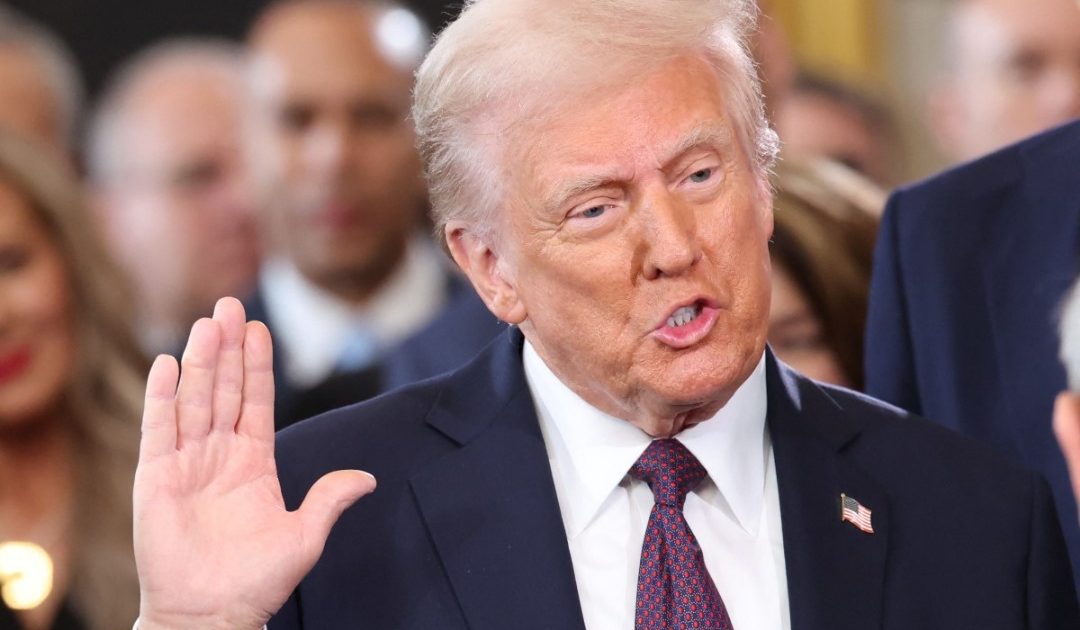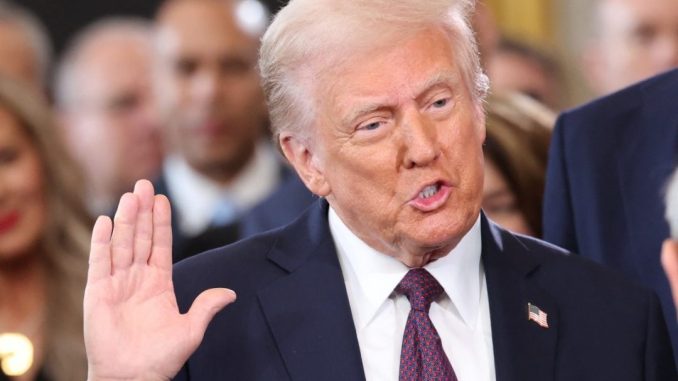

The United States Postal Service on Wednesday, reversed its temporary suspension of parcel deliveries from China and Hong Kong, following the US government’s decision to end duty-free exemptions for low-value shipments.
According to Reuters, the move comes after President Donald Trump announced a 10 per cent tariff on all Chinese imports and eliminated the “de minimis” provision, which previously allowed packages valued under $800 to enter the US without duties.
“We’re all running around like headless chickens at this moment in time, trying to second-guess what’s going to happen. And in two weeks we may be back to normal,” said a co-founder of Hurricane Commerce, a cross-border e-commerce data provider, Martin Palmer, as reported by Reuters.
The change is expected to increase customs processing requirements, as packages that were once cleared in bulk will now require individual screening.
USPS stated it was working with the “US Customs and Border Protection agency to implement an efficient collection mechanism for the new China tariffs to ensure the least disruption to package delivery,” it said in a statement.
The agency did not confirm whether its initial suspension of parcels was directly linked to the new policy, which took effect just after midnight on Tuesday.
The retail and shipping industries have been caught off guard by the sudden changes. Companies that rely on the de minimis exemption, including online retailers such as Temu and Shein, are now facing increased costs and logistical challenges.
Logistics firms have advised businesses to consider setting up distribution centres or fulfilment partnerships within the United States to mitigate delays and additional expenses.
Major shipping companies, including FedEx and China’s SF Express, have confirmed that they will continue delivering parcels to the US, although FedEx has suspended its money-back guarantee for US-bound shipments due to regulatory changes. DHL has stated that it is working to minimize disruptions for its customers.
China has responded to the new tariffs with countermeasures, including duties on US coal, liquefied natural gas, crude oil, and farm equipment.
Industry experts have expressed concerns over the lack of preparation time for businesses affected by the policy shift. Many are calling for clearer guidance from the government to help them adjust to the new regulatory landscape.
The de minimis provision had been widely used to facilitate cross-border e-commerce, with US Customs and Border Protection reporting that 1.36 billion shipments entered the country under this rule in 2024, a 36 per cent increase from the previous year.
.png)









 English (US)
English (US)